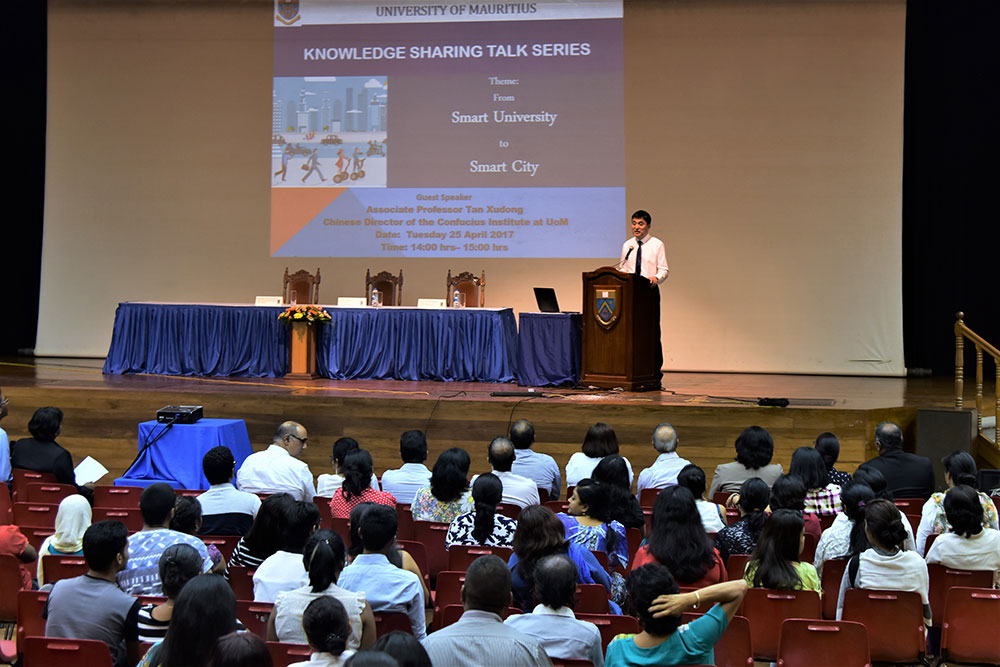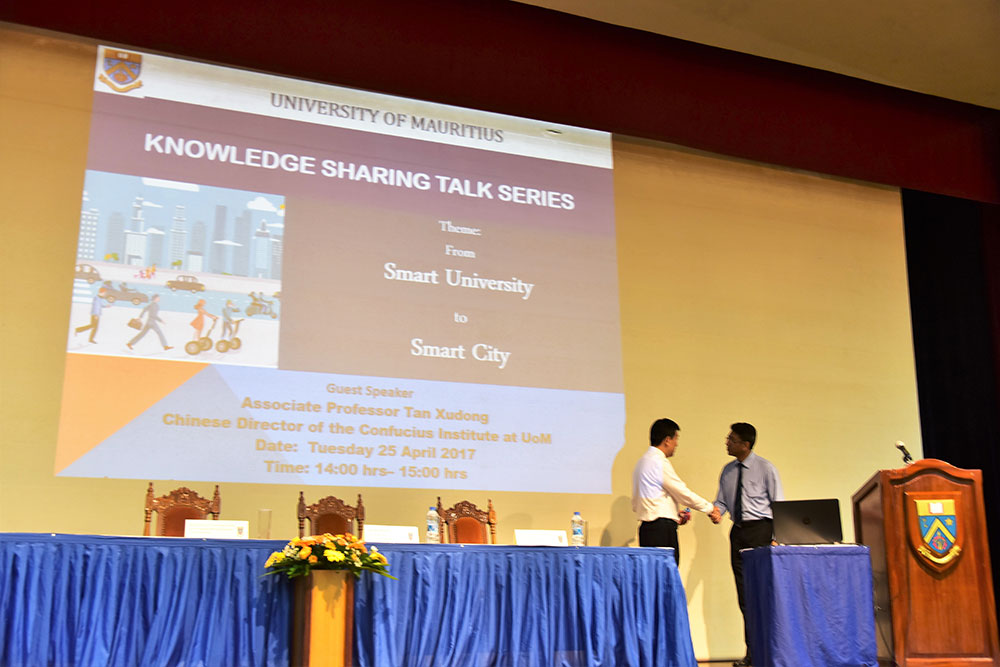Zhejiang Sci-Tech University (ZSTU) is one of the earliest modern education institution in China. It started as a Sericultural Academy in 1897 and contributed greatly to the advancement of the silk industry and the development of innovative silk products. Zhejiang Sci-Tech University
ZSTU is located in Hangzhou, a historical and modern city blessed with rich resources, talented people and prosperity, Zhejiang Sci-Tech University (ZSTU) boasts a long history of 120 years and a beautiful campus of over 140 hectares.
ZSTU is now renowned for being a multidisciplinary and research oriented university. It has 16 schools (faculties), and one independent college with a total population of over 27,000 all-time students. It has 63 UG and 65 PG degree programs in various disciplines from sciences, engineering, economics, humanities & arts and management. It also offers Doctoral degree programs with major focus in Engineering. Material Science, Chemistry and Engineering Science are the 3 top 1% disciplines in the world (ESI). Its School of Textile and Fashion is very famous in China.
ZSTU has state-of-the-art research centres and its staff cooperate closely with enterprises both nationally and internationally. ZSTU has won over 120 research awards, among which three are national — two second awards of the National Scientific and Technological Invention Award and one second award of the National Scientific and Technological Progress Award — and over 20 are provincial or ministerial. The most recent award dates back to May 2017 whereby ZSTU School of Art & Design team won the 2017 ‘China Design Intelligence Award’.
We are very pleased to have ZSTU as the partner institution of the Confucius Institute at the University of Mauritius. Various areas of collaboration and exchanges are currently being explored.
Smart card at ZSTU
Staff and students at ZSTU use a ‘Smart Card’ which is an electronic card for various transactions on campus. It may be used as an identity card, a library card, a cash/credit card for purchase of goods and items on campus, and many other transactions. With the smart card, all the students and staff can deal with much of their daily life affairs on campus which include checking in and out the dormitories, purchasing of food at the canteen, paying visit to the doctors in the university clinic, checking the results of examinations, and so on. This new pattern of administration substitutes the traditional pattern of administration and brings high efficiency, convenience and security to the university.
Hangzhou, a smart city
Hangzhou, capital of Zhejiang Province in east of China, is one of the most beautiful city in China and is a very modern city too. The West Lake, a UNESCO World Heritage Site, is amongst its best-known attraction and is noted for the scenic beauty that blends naturally with many famous historical and cultural sites. Marco Polo once described Hangzhou as 'Heaven on Earth'.
In recent decades, Hangzhou developed fast because the city favors entrepreneurship. It provides a friendly and healthy environment for private sectors to grow. Besides, large section of the people of Hangzhou are well educated. Internet development and e-commerce in Hangzhou blossoms very rapidly and extensively. There are a lot of young people who are interested in e-commerce, and internet businesses. This city has become the center of inspiration and innovation and is now known as the smart city. Hangzhou is the birthplace of e-commerce giant Alibaba Group, and hired nearly 13,000 employees in the year since March 2014.
In Hangzhou, it is very convenient for people to purchase things without using cash only if you bring a mobile phone with you. There are two ways of payment: one is to pay by means of “wechat”, which is an application similar to “whatsapp”, the other is by Alipay, an online payment platform developed by Alibaba Group.
People can make a registration to see the doctor in advance with the help of the internet, which saves you a lot of time to queue up to register yourself in hospital. And people can reserve a seat in the city public library by means of internet. The library is open to every citizen of the city.
We know that you have already heard about “Big Data”, which help people analyze, for example, what people like to purchase or what dish customers like to order in a restaurant. At the end of one day’s business, the owner of the restaurant knows which dish is most popular and what flavor the customers prefer according to the results of the analysis of the “Big Data”.
Technology is also used for traffic control in Hangzhou. There is serious traffic jam, especially during the rush hour. Taxi in Hangzhou is not enough to meet the need to take people from place to place. A software was developed to help people identify and call a taxi or private car. When you need a car, you use the software to find out which taxi or private car (which should be registered first for the purpose) is nearest to you. After you make the order, you know the location of the car you order using the mobile phone.
Another use of the technology of “Big Data, Internet of things and cloud computing”, is for the administration of traffic in the city during rush hour. The traffic light may be adjusted according to the current needs for a better and improved flow of traffic.
As the smart city develops, more and more new businesses and opportunities appear which provide more job opportunities, a better and more convenient way of life for the people living in and around the city.




